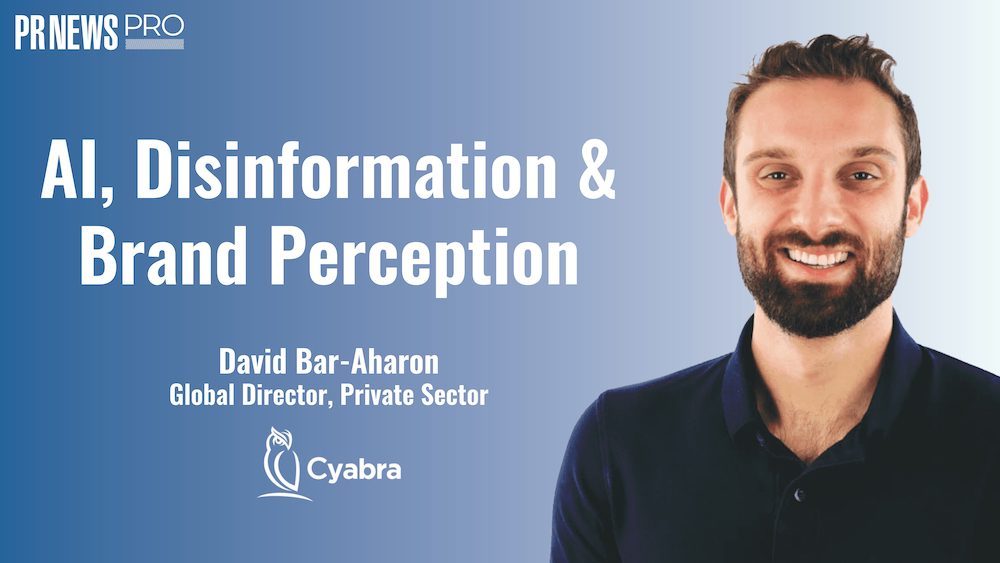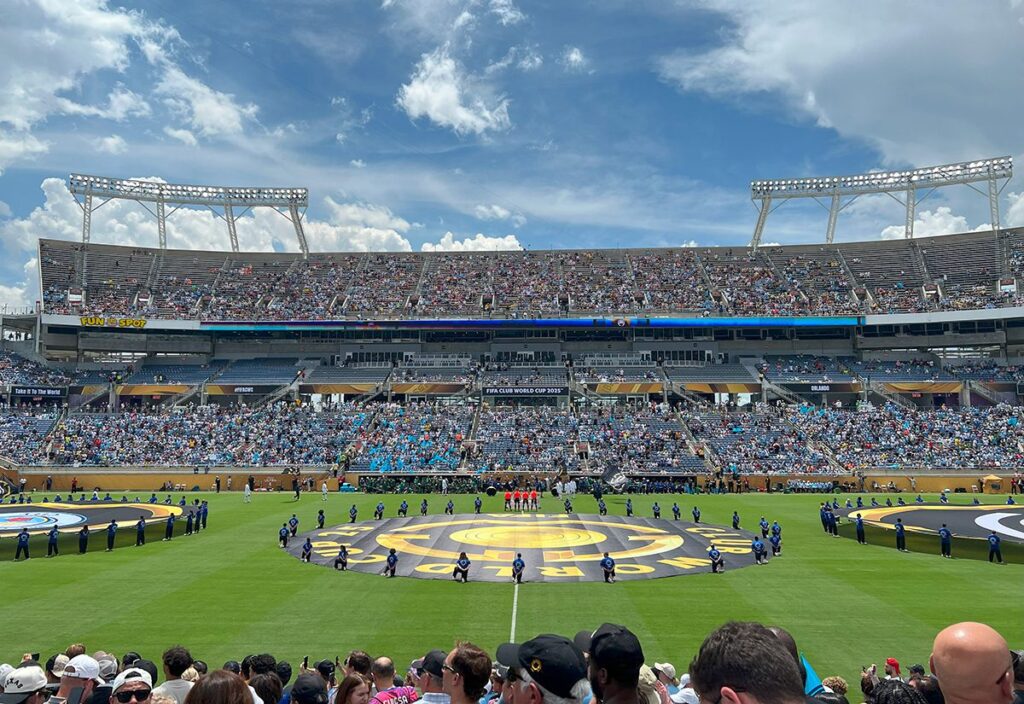Fundraising agencies won a major victory last month when a federal judge ruled that they do not have to register with Pinellas County, FL, DIRECT Newsline has learned.
U.S. Judge Elizabeth A. Kovachevich decided that the out-of-state agencies that serve nonprofit direct mailers have “no contacts at all” with the county, and are not subject to its regulation.
However, a second case about whether mailers themselves have to register has yet to be fought.
“If we don’t prevail, then we could see statutes and ordinances sweeping through the country,” said Max Hart, director of fundraising for Disabled American Veterans, commenting on the cases known to fundraisers as Pinellas I and Pinellas II.
The first case was filed in 1997 by The Creative Advantage, Inc., a Virginia-based agency, and Norman W. Leahy, a Virginia-based copywriter. Joining them as plaintiff was American Charities for Reasonable Fundraising Regulation, Inc., a trade group.
They challenged the county’s registration ordinance on First Amendment grounds, and under the due-process clause of the 14th Amendment. The measure was enacted during the 1990’s.
According to court records, Leahy and the Creative Advantage had received letters from the county, threatening them with prosecution if they failed to register and one of their clients mailed into the state.
Kovachevich ruled in favor of the county twice, but then the plaintiffs appealed to the 11th Circuit court of Appeals in Atlanta, which returned the case to her, urging her to reconsider, according to Geoffrey W. Peters, a vice president at Creative Direct Response International, who represented the plaintiffs as a volunteer lawyer. After a new round of discovery, she issued a summary judgment in favor of the fundraisers.
The judge agreed with the Circuit Court, which determined that the plaintiffs lacked “sufficient contacts with the county to regulate them under this ordinance, consistent with due process.”
A good deal of the argument in the case had to do with whether consultants and agencies control mailings into the county. Kovachevich ruled that “the record is clear that plaintiffs are not aware of where solicitations are mailed.”
Sheryl Lord, director of consumer protection for Pinellas County, minimized the impact of the ruling.
“It’s not a large portion of what we regulate,” she said. “Our ordinance has withstood many challenges.”
She added that the county is not concerned about firms that “don’t handle money.”
Peters reported that the “attorney’s fees awarded from this case will be used to fight other cases on behalf of the nonprofit community.”
Pinellas II, which was filed last March, challenges the ordinance requiring charities to register.
Under that rule, a group like Mother’s Against Drunk Driving would have to register “if it is going a national mailing of 500,000, and two copies go into Pinellas,” said Peters, who is also handling the second case.
But charities also have to register “if they have an Internet site that someone in the county can sign on,” he added. “You don’t even have to mail into the county.”
This, Peters said, is First Amendment issue. “The U.S. Supreme court decided in three major cases that all speech by charities, letters, solicitations or gifts is fully protected political free speech,” Peters continued.
Peters added that registering with the state, which is also required, is enough of a burden.
The lawyer continued that there are “17,000 home-rule jurisdictions,” in the United States. “If all of them had [a rule like this], there would be no national mail,” he said.
A study done at least six years ago found that it would cost a charity $25,000 to register with all 39 states that then required it (there are now 43).
“Multiply that by an increase of a hundredfold, and you’re looking at a huge amount of money,” he said.
Hart agreed. “It would not only be expensive, we would have to substantially expand our staff just to keep up with it,” he said.
Several counties have such regulations, including Los Angeles, Rochester, NY, and Columbus, OH, Peters said.
The cases were filed with the U.S. District Court for the Middle District of Florida, Tampa Division.
 Network
Network

